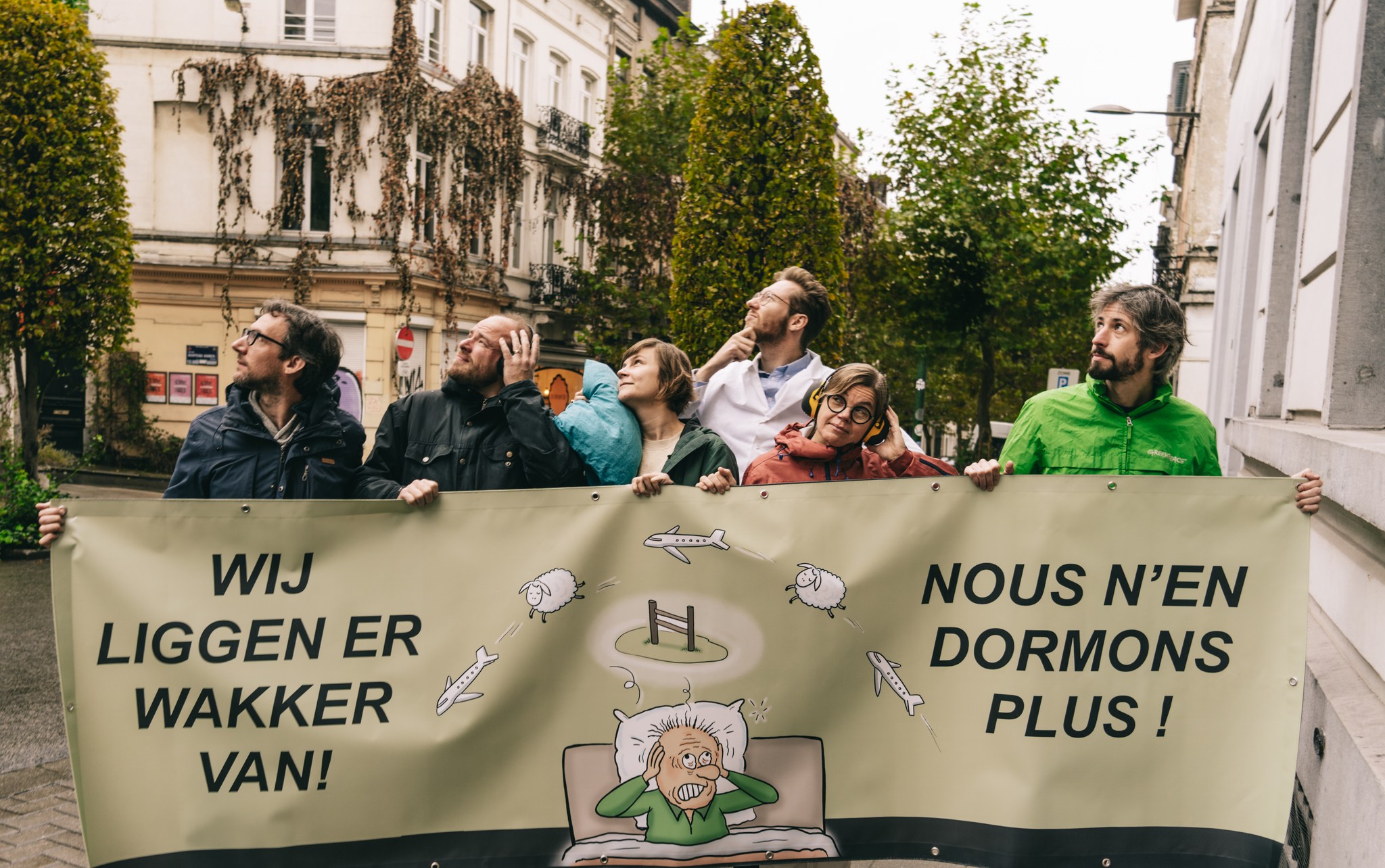
Protest march against expansion of Brussels Airport

“We lie awake about it,” the banner reads. Several environmental associations and local residents took action against the expansion of Brussels Airport on Sunday afternoon /BBL
Nearly 600 people participated in a protest march in Zaventem on Sunday against the expansion of Brussels Airport. The participants also dem


Comments
Ready to join the conversation?
You must be an active subscriber to leave a comment.
Subscribe Today